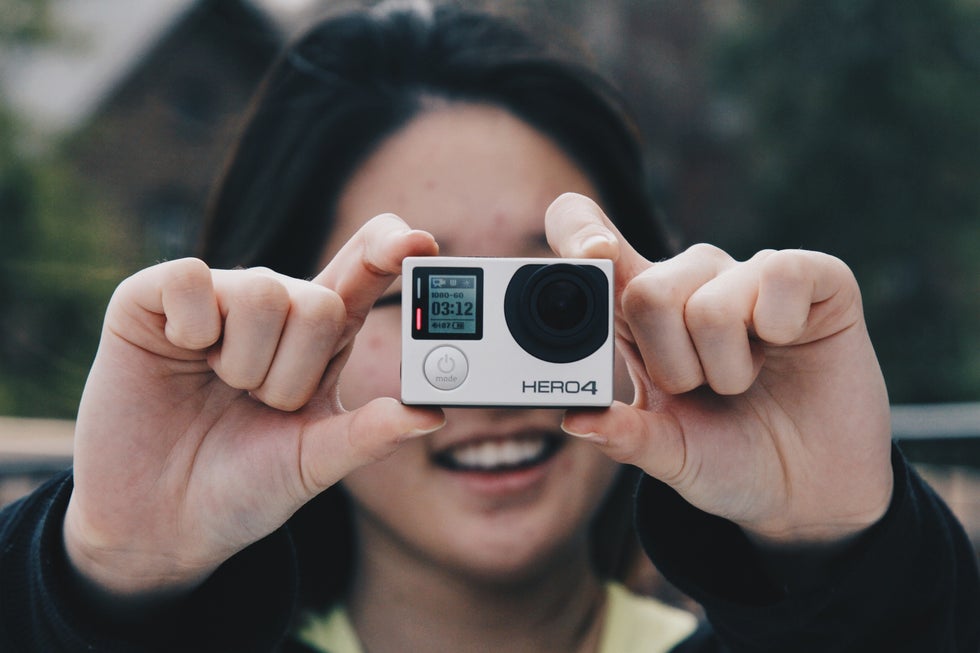
In today’s digital age, it’s almost impossible to avoid social media. Platforms like Instagram, Facebook, Tik Tok, and Twitter have become integral parts of our daily lives, offering ways to connect, share, and engage with the world. But while these platforms offer convenience and entertainment, they also come with a significant downside, particularly when it comes to our self-esteem.
The Illusion of Perfection
One of the most pressing self-esteem issues in the modern world is the impact of social media on our self-worth. It’s easy to get swept up in the whirlwind of beautifully curated posts and filtered images that showcase only the best moments of people's lives. Whether it’s a perfectly posed selfie, a dreamy vacation snapshot, or a glimpse into someone’s seemingly perfect relationship, it’s all too easy to start comparing yourself to these idealized versions of others’ lives.
What’s important to remember is that social media doesn’t reflect reality because it’s a curated, filtered snapshot of the most polished parts of people’s experiences. But for many, these images become the standard by which we measure our own lives. We may see our own behind-the-scenes as imperfect and unexciting compared to others’ highlights, leading to feelings of inadequacy, jealousy, or low self-esteem.
The Danger of Comparison
Comparison has always been a part of human nature, but social media has amplified it in ways we couldn’t have imagined just a couple of decades ago. Platforms like Instagram and Tik Tok are designed to draw attention, and as a result, people often feel compelled to showcase only the most flattering or glamorous aspects of their lives. While some users may be conscious of this curation, many are not, and the pressure to keep up with the "perfect" images online can be overwhelming.
When we compare ourselves to others, especially in the filtered, polished world of social media, it’s easy to feel like we fall short. We might wonder why our own lives don’t seem as exciting or why we don’t look as good or successful as those in our feeds. This constant cycle of comparison can chip away at our self-esteem and make us feel as though we aren’t enough, just as we are.
Validation and the "Like" Culture
Another issue with social media is the way it ties our sense of worth to external validation. Many people, particularly younger generations, are finding that their self-esteem is increasingly linked to how many "likes," comments, or followers they get. The dopamine hit of receiving positive feedback online can be addicting, and without it, many can feel invisible or unimportant.
This reliance on external validation can be damaging because it suggests that our worth is only as valuable as the attention we receive. It can make us question our value when we don’t get the "likes" we were hoping for, or when we feel overlooked in a sea of influencers and personalities online. Over time, this can erode self-confidence and contribute to a deeper sense of insecurity.
Breaking the Cycle: Finding Balance in a Digital World
While social media is unlikely to disappear anytime soon, there are ways to reclaim our self-esteem in the digital age. Here are a few strategies for finding balance:
-
Practice Mindful Consumption: Be intentional about how and when you engage with social media. Take breaks from scrolling, unfollow accounts that make you feel bad about yourself, and surround yourself with content that makes you feel inspired or positive.
-
Limit Comparison: Recognize that what you see online is not the whole story. Everyone has challenges, struggles, and imperfections that aren’t shown in a post. Reframe the way you view others' successes by reminding yourself that comparison isn’t helpful and that your journey is unique.
-
Cultivate Real-Life Connections: Focus on building real, meaningful relationships offline. Having strong connections with friends, family, and coworkers can help reinforce your sense of worth and remind you that love and validation come from more than just likes or followers.
-
Practice Self-Acceptance: Work on embracing your authentic self, flaws and all. Practice self-compassion, and remind yourself that you don’t need to meet someone else’s standards to be worthy. Your value comes from who you are, not how you appear online.
The Takeaway
Social media is a powerful tool for connection, but it can also create unrealistic expectations and lead to a toxic cycle of comparison. While it's okay to enjoy the highlights that others share, it’s essential to remember that these posts don’t reflect the full picture. The key to maintaining healthy self-esteem in the digital age lies in understanding that your worth is inherent, not based on the likes you get or the lives you see online. By practicing mindful consumption and nurturing your authentic self, you can break free from the grip of comparison and start to value yourself for who you truly are.
Cheers,
Coach Jo
Add comment
Comments